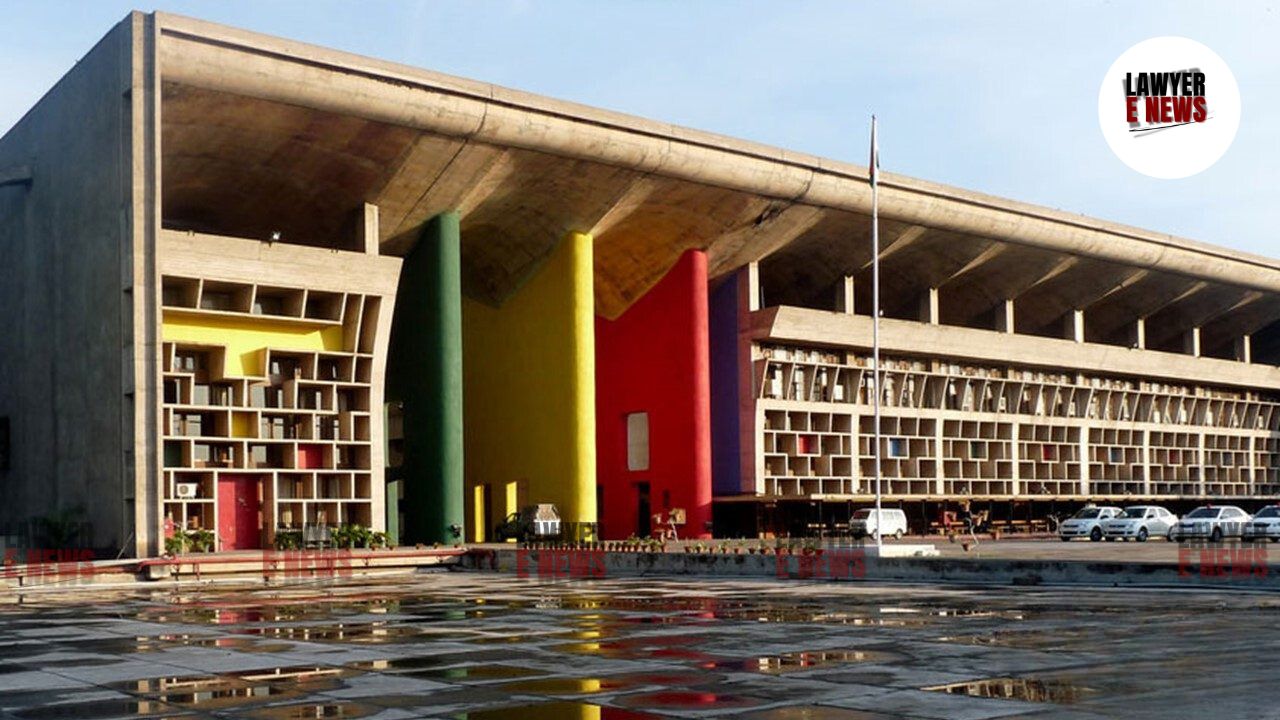-
by Admin
15 February 2026 5:35 AM



In a significant ruling, the Punjab and Haryana High Court dismissed writ petitions seeking to stay departmental proceedings until the conclusion of related criminal trials. The judgment, delivered by Justice Vikas Bahl, highlighted the legal principles governing simultaneous criminal and departmental proceedings, emphasizing that both can proceed concurrently without causing prejudice to the accused.
The two writ petitions, CWP-9477-2024 filed by Jaswant Singh and CWP-19682-2022 filed by Narender Kumar, involved police officers accused of corruption and related offenses. Both petitioners argued that the departmental proceedings should be deferred until the examination of witnesses in the criminal trials to avoid prejudice. The primary contention was that common witnesses should first testify in the criminal proceedings.
Credibility and Independence of Proceedings: The court observed that departmental and criminal proceedings serve distinct purposes and are governed by different standards and objectives. Departmental proceedings aim to maintain discipline and integrity within public service, whereas criminal trials focus on determining guilt beyond a reasonable doubt.
Justice Bahl referred to multiple Supreme Court judgments, including the landmark decision in Capt. M. Paul Anthony v. Bharat Gold Mines Ltd., which clarified that there is no absolute rule mandating the stay of departmental proceedings during the pendency of criminal cases. The court reiterated that the existence of simultaneous proceedings does not inherently prejudice the accused.
Expediency and Public Interest: The judgment emphasized the need for the prompt conclusion of departmental inquiries to ensure efficient public service. Delaying departmental proceedings could result in undue financial burdens on the state and compromise the integrity of public service by retaining employees under a cloud of suspicion.
The court's legal reasoning underscored that the nature of departmental inquiries and criminal trials are distinct, with different rules of evidence and standards of proof. In departmental proceedings, the principle of "preponderance of probabilities" applies, whereas criminal trials require proof beyond a reasonable doubt. The court also noted that staying departmental proceedings could unduly delay administrative actions necessary for maintaining public service discipline.
Justice Vikas Bahl remarked, "Departmental proceedings and proceedings in a criminal case can proceed simultaneously as there is no bar in their being conducted simultaneously though separately. The approach and objective in the criminal proceedings and the disciplinary proceedings are altogether distinct and different."
The High Court's decision to dismiss the writ petitions reinforces the judiciary's stance on maintaining the independence and expediency of departmental proceedings. By allowing both processes to proceed concurrently, the court aims to uphold the integrity of public service while ensuring that criminal accountability is pursued without unnecessary delays. This ruling is expected to have a significant impact on how future cases involving simultaneous criminal and departmental proceedings are handled, ensuring that justice is served in both arenas.
Date of Decision: May 9, 2024
